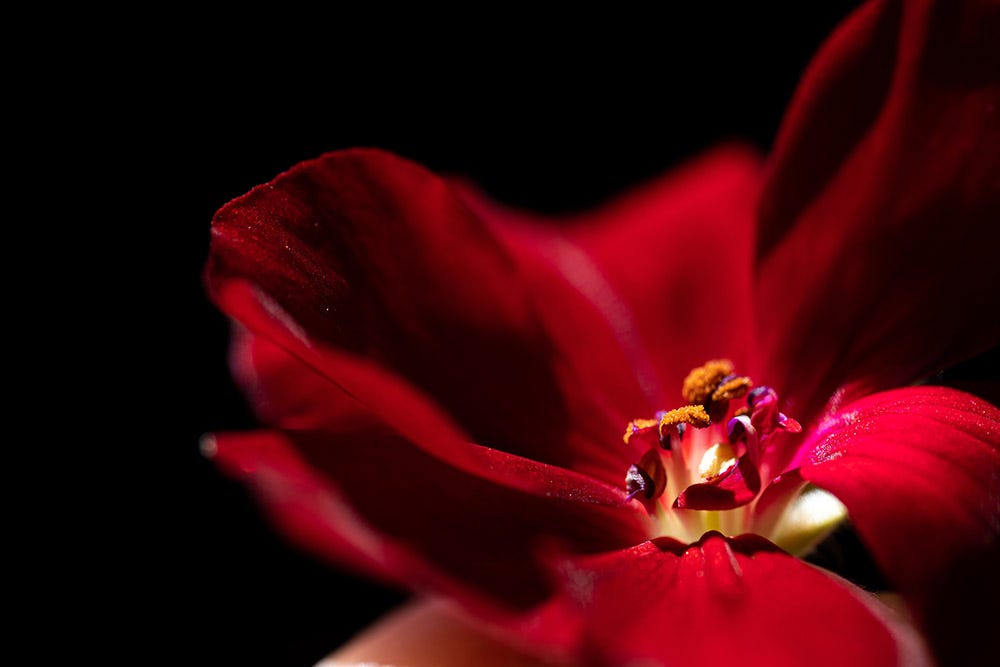_1.jpg)
The key to growing healthy seedlings is keeping them warm. If you don’t have access to a heated propagator, you can use a bright windowsill or the top of a refrigerator for warmth. Once your seeds have matured into young plants, they can be transferred to cold frames in the garden to help harden them before being planted in the ground.
Tomatoes
February is a great month for sowing tomato seeds. The seedlings won’t require light whilst they germinate, but warmth is essential.
-
Put a layer of seed compost in a starting tray and dampen it
-
Make holes of around 5mm deep and plant up to three seeds per hole
-
Your seeds should germinate within two weeks
-
As soon as the seedlings break the surface, place them on a sunny windowsill for their next stage of growth
Kale
Kale is super nutritious and known for its hardy nature, but February tends to be too chilly for it to prosper outside.
-
Start kale off indoors by sowing seeds in modules or 7cm pots
-
Use 2–3 seeds per module
-
They can be transplanted around 6–8 weeks later
Sweet peas
There nothing quite like the delicate scent of sweet peas on a warm summer’s evening – and growing them from seeds couldn’t be easier.
-
Help activate germination by nicking the seed coat with a knife – just be sure to avoid the ‘eye’ area.
-
Sow the seeds in good quality, peat-free compost and then place in a heated propagator or on a sunny windowsill.
-
Carboard tubes or biodegradable pots make ideal containers for sweet pea seeds, because they can be planted outside directly in their pots when the warm weather arrives.
Salvias
Salvias make a glorious addition to borders because of their height and vibrant petals. Varieties you can sow in February include Salvia splendens, Salvia farinacea and Salvia patens.
-
Place the seeds on top of seed compost, then cover with a very fine layer of compost
-
Grow in a light, warm spot
-
Keep the compost well drained but moist
Cosmos
Cosmos are very easy to grow and look fantastic in borders. They also provide nectar and pollen, so are a wonderful choice to attract bees.
-
Cosmos seeds need light in order to germinate
-
Sow them on top of seed compost in a tray
-
Once they’ve sprouted, transplant them into individual 7cm pots and grow them under cover

While the weather is cold outside, you can take advantage of the warm weather inside by sowing seedlings. Check out our top tips for growing healthy seedlings, along with a list of our favourite seeds to plant in January.
